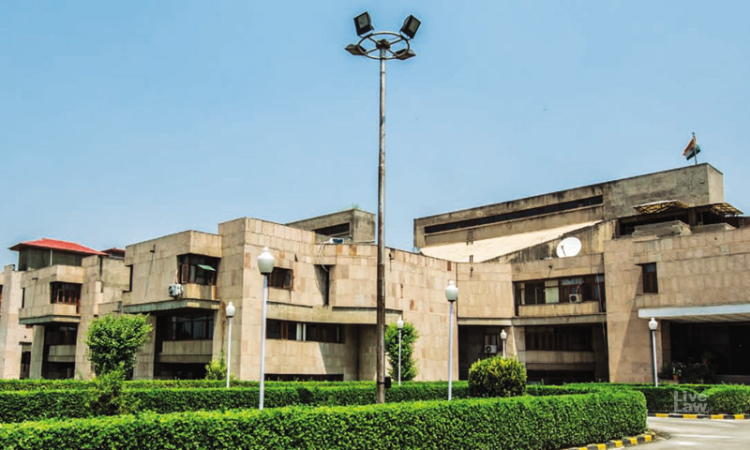Mere Refusal To Repay Loan Not An Act Of Abetment To Commit Suicide: Jammu & Kashmir High Court
LIVELAW NEWS NETWORK
28 Aug 2021 1:45 PM IST

Next Story
28 Aug 2021 1:45 PM IST
The Jammu & Kashmir and Ladakh High Court has held that although different persons may react to a particular situation differently, mere refusal to repay a loan cannot in any way be considered to be an act of abetment to drive someone to commit suicide.In this regard, Justice Rajnesh Oswal added,"In order to constitute an offence of abetment, the act committed by the accused must be...
